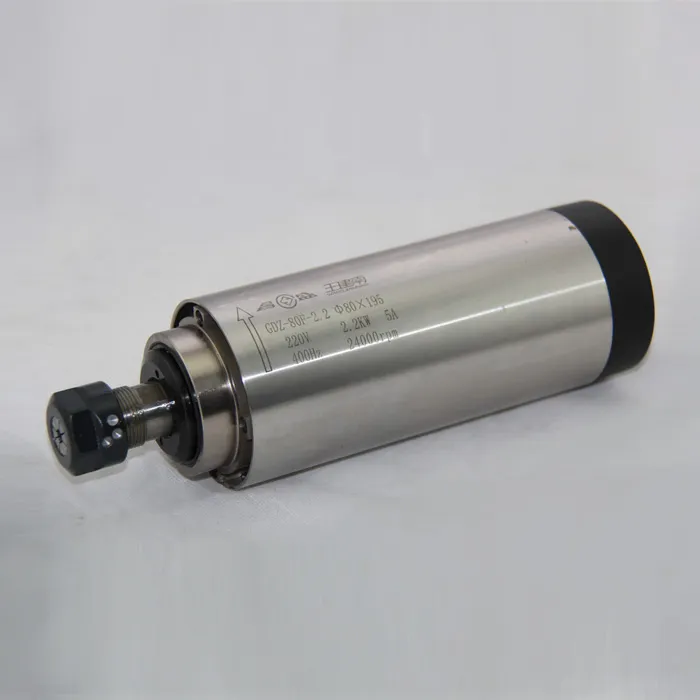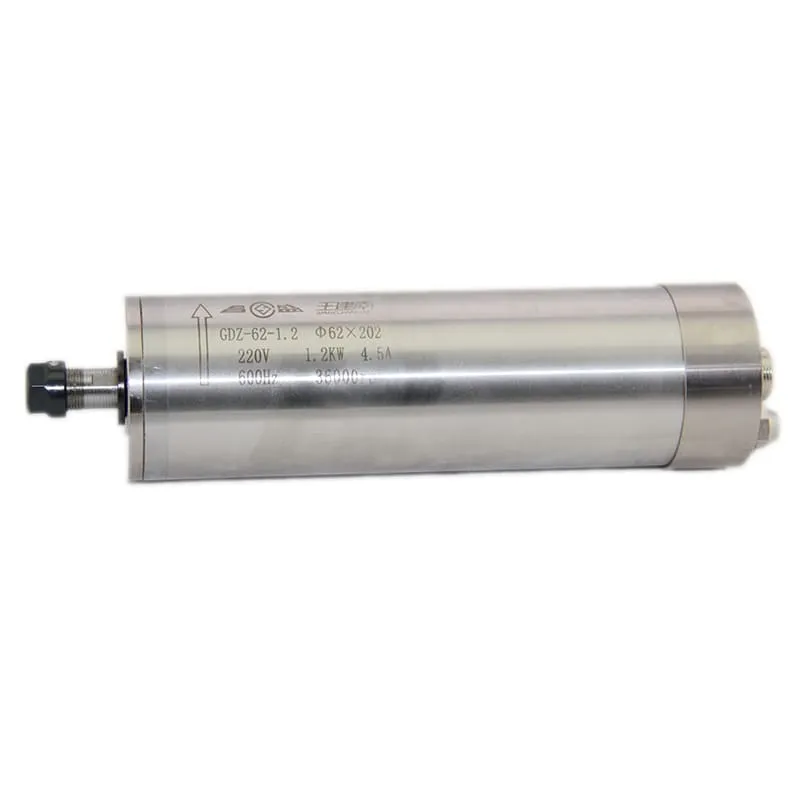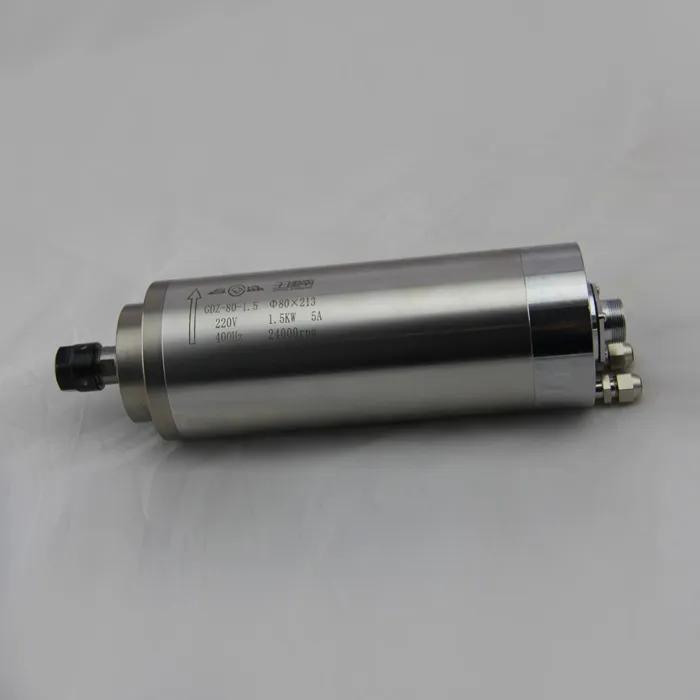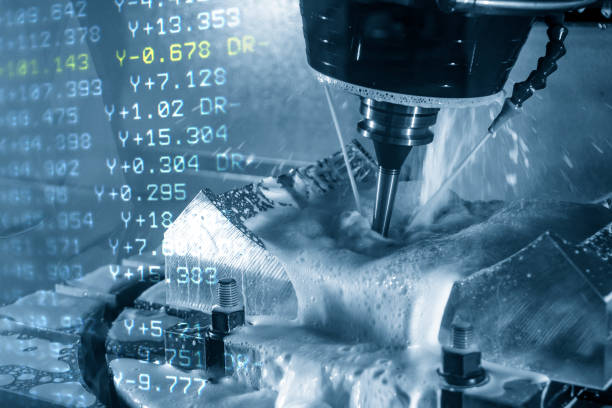How Much CNC Machine Cost
CNC (Computer Numerical Control) machines have revolutionized the manufacturing industry, offering precision, efficiency, and versatility in various applications. If you’re considering investing in a CNC machine, one of the first questions you’ll likely ask is, “How much does a CNC machine cost?” The answer isn’t straightforward, as prices can vary significantly based on several factors. In this comprehensive guide, we’ll explore the cost range of CNC machines, factors affecting their prices, and how to choose the right machine for your needs and budget.
Understanding CNC Machines and Their Applications
Before diving into costs, it’s essential to understand what CNC machines are and how they’re used. CNC machines are computer-controlled cutting tools used to manufacture parts and products with high precision. They’re widely used in industries such as:
- Aerospace
- Automotive
- Electronics
- Woodworking
- Metalworking
- Signage and advertising
CNC machines come in various types, including:
- CNC Mills
- CNC Lathes
- CNC Routers
- CNC Plasma Cutters
- CNC Laser Cutters
Each type serves different purposes and comes with its own price range.
The Price Range of CNC Machines
CNC machine costs can range from a few thousand dollars to several hundred thousand dollars, depending on various factors. Here’s a general breakdown of the price ranges:
- Entry-level CNC machines: $5,000 – $25,000
- Mid-range CNC machines: $25,000 – $75,000
- High-end CNC machines: $75,000 – $500,000+
It’s important to note that these are just rough estimates, and prices can vary significantly based on the specific machine, brand, and features.
Factors Affecting CNC Machine Costs
Several factors contribute to the overall cost of a CNC machine. Understanding these factors can help you make an informed decision when budgeting for your CNC machine purchase.
1. Machine Type and Size
Different types of CNC machines come with different price tags. Generally, the cost increases with the size and complexity of the machine. For example:
- A small desktop CNC router might cost $1,000 – $5,000
- A mid-sized CNC mill could range from $20,000 – $100,000
- A large industrial CNC machining center might cost $100,000 – $500,000+
2. Spindle Power and Type
The spindle is a crucial component of any CNC machine. Higher-power spindles capable of handling more demanding tasks typically increase the overall cost of the machine. For example, a 2.2KW ER20 air-cooled spindle will generally be more expensive than a lower-power option.

A 2.2KW ER20 air-cooled spindle, suitable for mid-range CNC machines
3. Precision and Accuracy
Machines designed for high-precision work, such as those used in aerospace or medical device manufacturing, typically cost more than those used for less demanding applications.
4. Cutting Speed and Power
Faster cutting speeds and more powerful machines generally come with higher price tags but can offer increased productivity for high-volume production.
5. Materials and Build Quality
The quality of materials used in constructing the machine, as well as its overall build quality, significantly impact the price. Machines built with high-grade materials and superior craftsmanship tend to be more expensive but often offer better longevity and performance.
6. Control System and Software
The sophistication of the control system and accompanying software can greatly influence the machine’s price. More advanced control systems with features like 3D simulation and multi-axis coordination tend to be more expensive.
7. Automatic Tool Changer (ATC)
Machines equipped with an automatic tool changer can significantly increase productivity but also come with a higher price tag. The complexity and capacity of the ATC system can further affect the cost.
8. Brand and Origin
Well-known brands with a reputation for quality and reliability often command higher prices. Similarly, machines manufactured in countries with higher labor costs may be more expensive than those produced in countries with lower manufacturing costs.
Cost Comparison of Different CNC Machine Types
To give you a better idea of how costs can vary across different types of CNC machines, let’s look at a general price comparison:
| Machine Type | Entry-Level Cost | Mid-Range Cost | High-End Cost |
|---|---|---|---|
| CNC Router | $5,000 – $15,000 | $15,000 – $50,000 | $50,000 – $150,000+ |
| CNC Mill | $10,000 – $30,000 | $30,000 – $100,000 | $100,000 – $500,000+ |
| CNC Lathe | $15,000 – $40,000 | $40,000 – $150,000 | $150,000 – $750,000+ |
| CNC Plasma Cutter | $5,000 – $20,000 | $20,000 – $75,000 | $75,000 – $200,000+ |
| CNC Laser Cutter | $10,000 – $30,000 | $30,000 – $100,000 | $100,000 – $500,000+ |
Remember, these are approximate ranges, and actual prices can vary based on the factors mentioned earlier.
Hidden Costs to Consider
When budgeting for a CNC machine, it’s important to look beyond the initial purchase price. Here are some additional costs to keep in mind:
- Shipping and Installation: Large CNC machines may require special shipping arrangements and professional installation.
- Training: Proper training for operators is essential and may incur additional costs.
- Tooling: The cost of cutting tools, collets, and other accessories can add up quickly.
- Maintenance and Repairs: Regular maintenance and potential repairs should be factored into your budget.
- Software: CAD/CAM software licenses can be a significant expense.
- Power Requirements: Industrial CNC machines may require electrical upgrades to your facility.
- Dust Collection Systems: Proper dust collection is crucial for both safety and machine longevity.
Choosing the Right CNC Machine for Your Budget
Selecting the right CNC machine within your budget requires careful consideration of your specific needs and production requirements. Here are some tips to help you make an informed decision:
- Assess Your Production Needs: Determine the types of projects you’ll be working on, the materials you’ll be cutting, and your expected production volume.
- Consider Future Growth: While it’s important to stay within budget, also consider potential future needs to avoid outgrowing your machine too quickly.
- Compare Features and Specifications: Look beyond the price tag and compare the features and specifications of different machines within your budget range.
- Evaluate Total Cost of Ownership: Consider long-term costs such as maintenance, energy consumption, and potential upgrades.
- Read Reviews and Get Recommendations: Research user reviews and seek recommendations from industry peers to get insights into the performance and reliability of different machines.
- Consider Used or Refurbished Options: If budget is a major constraint, consider looking into used or refurbished CNC machines, which can offer significant savings.
The Impact of Spindle Choice on CNC Machine Cost
The choice of spindle can significantly affect the overall cost of your CNC machine. For example:
- A high-speed 60000RPM 1.2KW ER11 water-cooled spindle may increase the initial cost but can lead to improved performance and productivity.

A high-speed water-cooled spindle, which may increase the overall machine cost
- For larger machines, a 7.5KW ER32/40 water-cooling spindle might be necessary, significantly impacting the total cost.
Financing Options for CNC Machines
Given the substantial investment required for CNC machines, many businesses explore financing options. Here are some common financing methods:
- Bank Loans: Traditional bank loans can provide the necessary capital for purchasing CNC machines.
- Equipment Leasing: Leasing allows you to use the machine without a large upfront investment.
- Manufacturer Financing: Some CNC machine manufacturers offer their own financing programs.
- Government Grants and Subsidies: Depending on your location and industry, you might be eligible for government assistance.
Future Trends Affecting CNC Machine Costs
As technology continues to evolve, several trends are likely to impact CNC machine costs in the future:
- Increased Automation: Advanced automation features may increase initial costs but could lead to long-term savings through increased efficiency.
- Integration of AI and Machine Learning: These technologies could enhance machine capabilities but may also increase costs.
- Additive Manufacturing Integration: Some CNC machines are incorporating 3D printing capabilities, which could affect pricing.
- Energy Efficiency: As energy costs rise, more energy-efficient machines may command higher prices but offer long-term savings.
Case Studies: Real-World CNC Machine Costs
To provide a more concrete understanding of CNC machine costs, let’s look at a few case studies:
- Small Woodworking Shop: A small furniture maker invested $15,000 in a CNC router with a 1.5KW ER11 water-cooled spindle. This entry-level machine allowed them to increase production and take on more complex projects.

A 1.5KW water-cooled spindle, suitable for entry-level CNC routers
- Medium-Sized Metal Fabrication Company: A growing metal fabrication business purchased a CNC milling machine for $85,000. The machine’s higher precision and automatic tool changer significantly improved their production capacity.
- Large Aerospace Manufacturer: A major aerospace parts manufacturer invested $450,000 in a high-end 5-axis CNC machining center. The machine’s advanced capabilities and extreme precision were essential for producing complex aerospace components.
Making the Final Decision
Choosing the right CNC machine at the right price is a balance between your current needs, future growth potential, and available budget. Remember, the cheapest option isn’t always the most cost-effective in the long run, nor is the most expensive machine necessarily the best fit for your needs.
Take the time to thoroughly research your options, consult with experts, and perhaps even visit manufacturing facilities to see different machines in action. By making an informed decision, you can ensure that your investment in a CNC machine will pay off in improved productivity, quality, and competitiveness for your business.
FAQs
What is the cheapest CNC machine available?
The cheapest CNC machines are typically small desktop routers or engravers, which can be found for as little as $500-$1,000. However, these machines are usually limited in size, power, and capabilities, suitable mainly for hobbyists or very small-scale operations.
How much does a professional-grade CNC machine cost?
Professional-grade CNC machines typically start around $25,000 and can go up to several hundred thousand dollars. The exact cost depends on the type of machine, its capabilities, and the specific features included.
Is it worth buying a used CNC machine to save money?
Buying a used CNC machine can be a good way to save money, especially for smaller businesses or those just starting out. However, it’s important to thoroughly inspect the machine, check its maintenance history, and consider potential repair or upgrade costs before making a purchase.
How do CNC machine costs compare to traditional manual machines?
CNC machines are generally more expensive than their manual counterparts due to their advanced technology and automation capabilities. However, they often offer greater precision, consistency, and productivity, which can justify the higher initial investment for many businesses.
What additional costs should I consider when budgeting for a CNC machine?
When budgeting for a CNC machine, consider additional costs such as installation, training, tooling, software, maintenance, and potential facility modifications. These can add significantly to the total cost of ownership.
How long does it typically take to see a return on investment for a CNC machine?
The time to see a return on investment (ROI) for a CNC machine can vary widely depending on factors such as machine utilization, production volume, and the value of the parts produced. Some businesses may see ROI within a year, while for others it might take several years. It’s important to do a thorough cost-benefit analysis based on your specific situation.
Conclusion
The cost of CNC machines can vary widely, from a few thousand dollars for entry-level models to hundreds of thousands for high-end, industrial-grade machines. The price depends on factors such as size, precision, speed, materials, and additional features like automatic tool changers.
When budgeting for a CNC machine, it’s crucial to consider not just the initial purchase price, but also ongoing costs such as maintenance, energy consumption, and potential upgrades. By carefully assessing your needs, researching your options, and considering long-term value, you can find a CNC machine that fits your budget while meeting your production requirements.
Remember, investing in a CNC machine is not just about the cost—it’s about enhancing your production capabilities, improving efficiency, and staying competitive in an increasingly automated manufacturing landscape. With the right machine, you can take your manufacturing processes to the next level, opening up new possibilities for your business.

